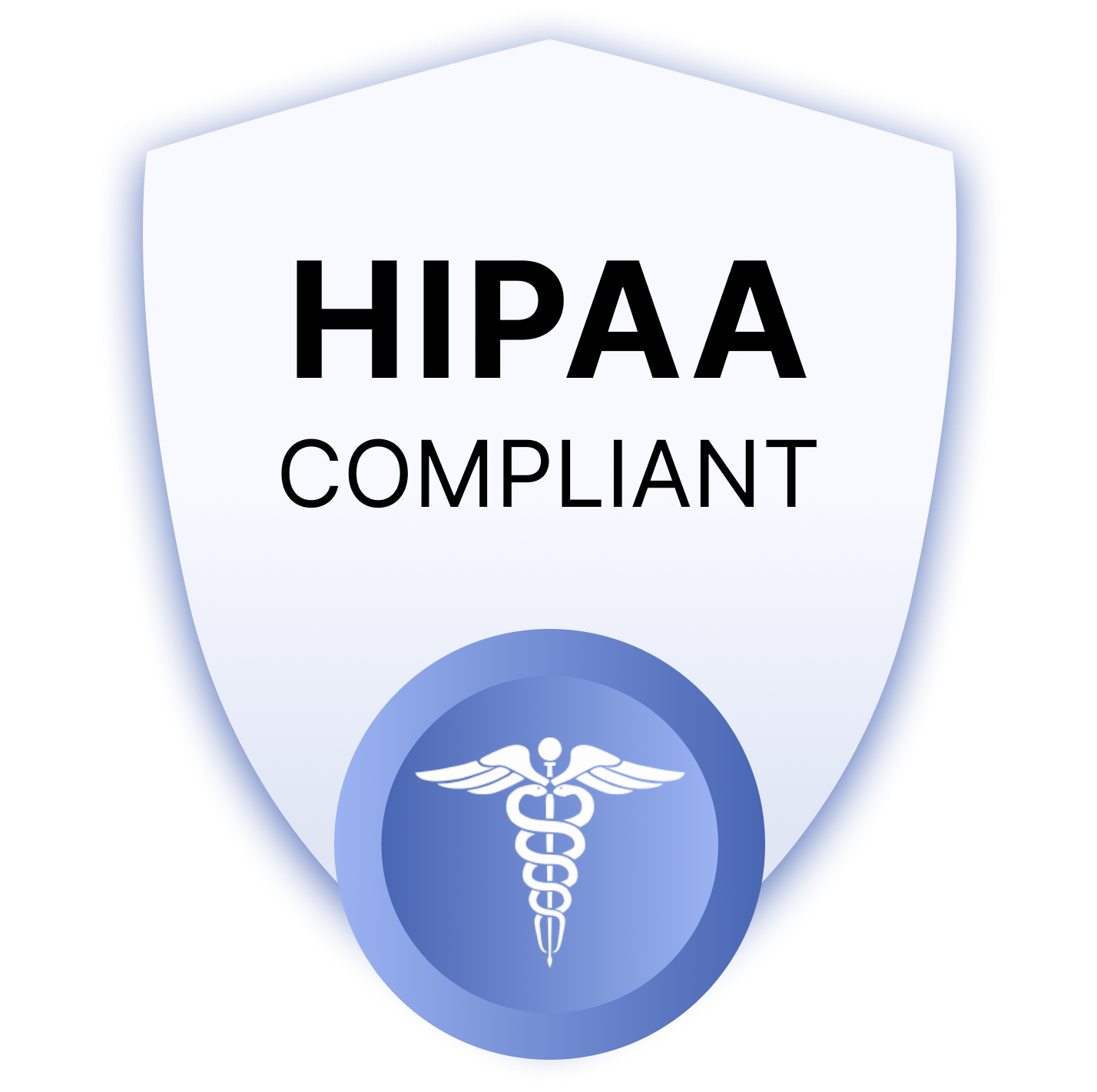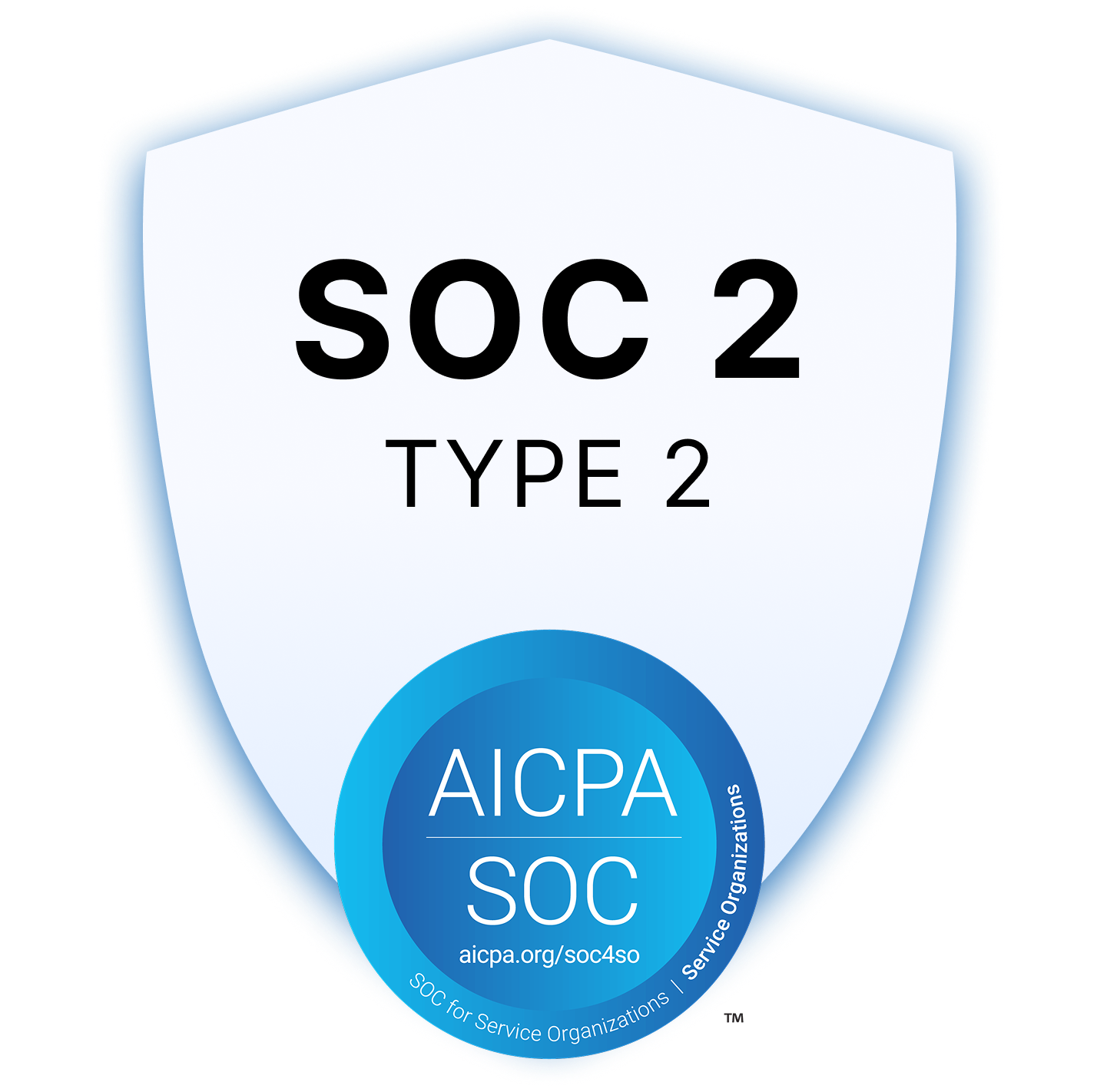
AI in Healthcare
6 min read
AI in Preventive Healthcare: 2026 Guide
Summary
Your Competitors Are Embracing AI – Are You Falling Behind?
Artificial intelligence (AI) is changing the way healthcare professionals approach disease prevention and early intervention.
AI in preventive healthcare enables the earlier detection of health risks, provides personalized recommendations, and facilitates proactive interventions, ultimately improving outcomes for both patients and healthcare providers.
From wearable devices and mobile apps tracking daily habits to sophisticated algorithms that identify at-risk populations, AI is becoming a practical tool in keeping people healthier for longer.
In this article, readers will learn how AI in preventive healthcare is being used to predict, prevent, and manage health conditions before they become serious problems.
AI In Preventive Healthcare: TL;DR
- Advanced data analysis enables the prediction and detection of illness before symptoms appear, allowing earlier intervention.
- Machine learning algorithms can assess individual health data and genetics, providing recommendations tailored to specific needs.
- AI tools provide insights and automate certain tasks, but medical staff remain central to decision-making and patient care.
- AI optimizes resource allocation, monitors at-risk populations, and improves program targeting for better preventive care.
5 Benefits of Using AI in Preventive Healthcare
The utilization of AI in healthcare offers significant benefits to both patients and healthcare professionals.
1. Early Disease Detection
AI algorithms are capable of analyzing complex patterns in health data to identify the earliest indicators of disease. The utilization of AI in radiology and other imaging scans, electronic medical records, and lab results can bring significant benefits.
This capability enables the detection of conditions such as diabetes, cardiovascular disease, and certain types of cancer before any physical symptoms appear.
By detecting diseases in their early stages, healthcare providers can initiate treatment or preventive measures promptly, thereby improving patient outcomes and potentially reducing the severity and cost of long-term care.
2. Real-Time Patient Monitoring
With the help of AI-powered wearable devices and medical sensors, patients’ vital signs — such as heart rate, blood pressure, glucose levels, and oxygen saturation — can be monitored continuously.
These devices analyze data in real time and can trigger instant alerts if abnormalities or warning signs are detected.
AI and wearable technology in healthcare allow medical professionals to respond proactively to emerging health issues, often before they become critical, enhancing patient safety and reducing hospital admissions.
3. Personalized Preventive Care
AI systems can integrate and analyze an individual's genetic data, medical history, lifestyle habits, and environmental factors to create highly personalized preventive care plans.
Instead of a one-size-fits-all approach, patients receive tailored recommendations regarding diet, exercise, screenings, and medication.
This customization helps individuals address their unique risk factors more effectively, increasing the chances of preventing illness and maintaining long-term wellness.
4. Improved Population Health Management
On a broader scale, AI can sift through massive datasets from hospitals, insurance providers, and public health agencies to identify emerging health trends and vulnerable populations.
This allows health authorities to make informed decisions about resource allocation, public health campaigns, and targeted interventions for high-risk groups.
By focusing on prevention at the community level, AI contributes to better health outcomes and more efficient use of healthcare resources.
5. Enhanced Workflow Efficiency
AI doesn’t just help patients — it also supports healthcare professionals by automating time-consuming administrative tasks such as data entry, medical coding, risk assessment, and predictive analytics.
This streamlines workflows, reduces human error, and frees up clinicians to focus on what matters most: direct patient care.
As a result, hospitals and clinics can operate more efficiently, reduce costs, and improve overall patient satisfaction.
3 AI Use Cases in Preventive Healthcare
AI can be applied in numerous ways to help enhance patient welfare and support healthcare professionals.
1. Wearables and Smart Devices
AI plays a crucial role in enhancing the capabilities of wearable health devices, including fitness trackers, smartwatches, and biosensors.
These devices collect continuous data on key health indicators like heart rate, physical activity, oxygen levels, sleep quality, and more.
With AI analyzing this real-time data, the devices can detect unusual patterns or changes that may indicate early signs of health issues, such as irregular heartbeat, elevated stress levels, or poor sleep quality.
By providing instant alerts, they empower users to take timely action or consult a healthcare provider, promoting preventive care and ongoing health management.
2. Predictive Analytics for Disease Risk
AI-driven predictive analytics enable healthcare providers to analyze vast amounts of patient data, including electronic health records, genetic profiles, lifestyle habits, and even social determinants of health.
By identifying correlations and trends that human analysts might miss, AI can flag individuals who are at higher risk of developing chronic conditions like diabetes, hypertension, heart disease, or cancer.
This insight enables the implementation of targeted preventive measures, such as personalized lifestyle coaching, early screenings, or medication adjustments, well before symptoms appear.
Ultimately, predictive analytics helps reduce the incidence of preventable diseases and supports more proactive, data-informed healthcare.
3. Virtual Health Assistants
AI-powered virtual assistants and chatbots are transforming how individuals interact with healthcare systems.
These tools provide on-demand health information, medication reminders, appointment scheduling, lifestyle tips, and even symptom checkers—all through apps, websites, or smart speakers.
By engaging users with friendly, conversational interfaces, virtual assistants make it easier for people to stay informed and follow through on preventive care tasks, such as taking medications or booking routine screenings.
They also reduce the strain on healthcare staff by handling frequent, low-complexity inquiries, allowing providers to focus on more critical cases.
The result is improved patient engagement, adherence to care plans, and overall better health outcomes.
4 Main Challenges Related to the Use of AI in Preventive Healthcare
Along with its significant benefits, the use of AI in preventive healthcare also poses certain challenges.
1. Data Privacy and Security
AI systems in preventive healthcare rely on large volumes of patient data, often including highly sensitive information such as medical histories, genetic details, and behavioral patterns.
While this data is essential for training accurate AI models, it also raises serious concerns about data privacy and protection.
Healthcare providers must comply with strict regulations, such as the Health Insurance Portability and Accountability Act (HIPAA) in the U.S. and the General Data Protection Regulation (GDPR) in the European Union.
These laws define how personal health data can be collected, stored, used, and shared, with an emphasis on minimizing risk and safeguarding patient confidentiality.
Maintaining robust cybersecurity protocols, ensuring encryption, managing user access, and fostering transparency are all necessary to build trust in AI applications in healthcare.
2. Algorithmic Bias
AI algorithms are only as fair and accurate as the data they are trained on.
If certain demographic groups — such as minority populations, elderly patients, or those with rare conditions — are underrepresented in the training datasets, the AI may generate less reliable predictions for those individuals.
This leads to algorithmic bias, which can perpetuate or even amplify existing healthcare disparities.
For example, an AI tool trained mostly on data from younger, urban patients may perform poorly when applied to older, rural populations.
To deliver fair and equitable preventive care, it’s crucial to utilize diverse, high-quality data and implement continuous monitoring to detect and correct bias in real-time.
3. Regulatory and Legal Compliance
Introducing AI tools into healthcare settings involves navigating a complex regulatory landscape.
Technologies must often pass rigorous evaluations by health authorities, such as the FDA (U.S.) or EMA (Europe), before they can be used in clinical settings.
These approval processes can be lengthy and expensive, which slows down the adoption of innovative solutions.
In addition, there are legal uncertainties surrounding liability.
If an AI system contributes to a medical error, it's not always clear whether the developer, provider, or healthcare institution is responsible.
These challenges highlight the need for clearer legal frameworks, standardization, and updated policies tailored to AI in healthcare.
4. Integration With Clinical Workflow
One of the most practical challenges in deploying AI in healthcare is seamless integration with existing clinical workflows.
Many healthcare systems are already under pressure, and introducing new tools can risk disrupting established routines if not implemented thoughtfully.
Medical staff may need training to understand and trust AI recommendations, and systems must be designed to support rather than replace human decision-making.
AI should be embedded in a way that enhances efficiency, integrates seamlessly into electronic health record systems, and aligns with the way care is delivered.
Successful integration depends on user-friendly interfaces, clinician input during development, and ongoing support to ensure adoption and usability.
Final Thoughts on AI in Preventive Healthcare
AI in preventive healthcare is revolutionizing the way risks are identified and managed, enabling earlier interventions and more personalized care. By analyzing vast amounts of data, AI empowers both patients and providers to take proactive steps toward long-term wellness.
From wearables to predictive analytics, these tools enhance monitoring, streamline workflows, and improve outcomes. While challenges such as data privacy, bias, and integration remain, the potential for AI to strengthen preventive care and reduce the burden of disease is immense.
With thoughtful adoption, AI will continue shaping a more proactive, patient-centered healthcare system.
Unlock 300+ integrations with no hidden fees, bespoke rewards, and dedicated support
Related Articles















